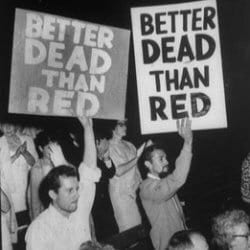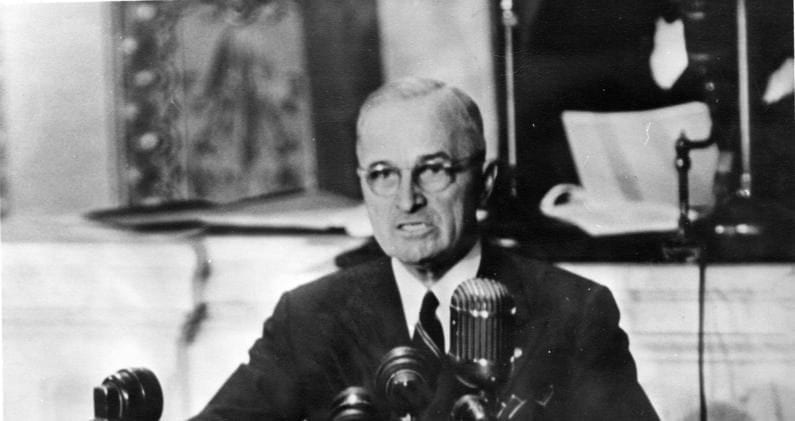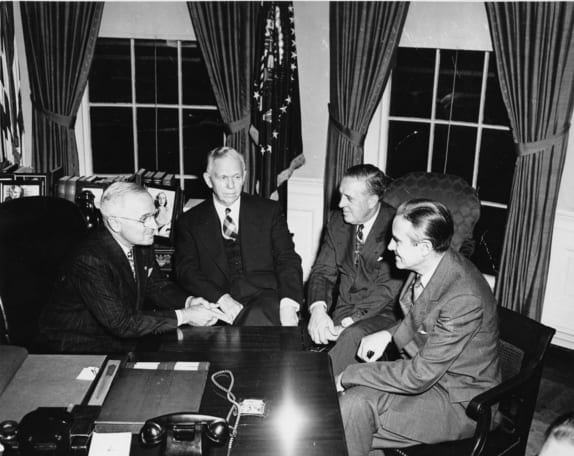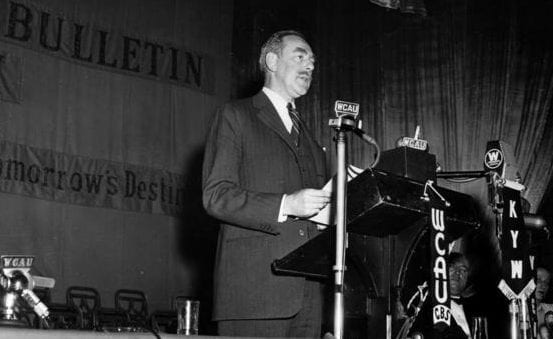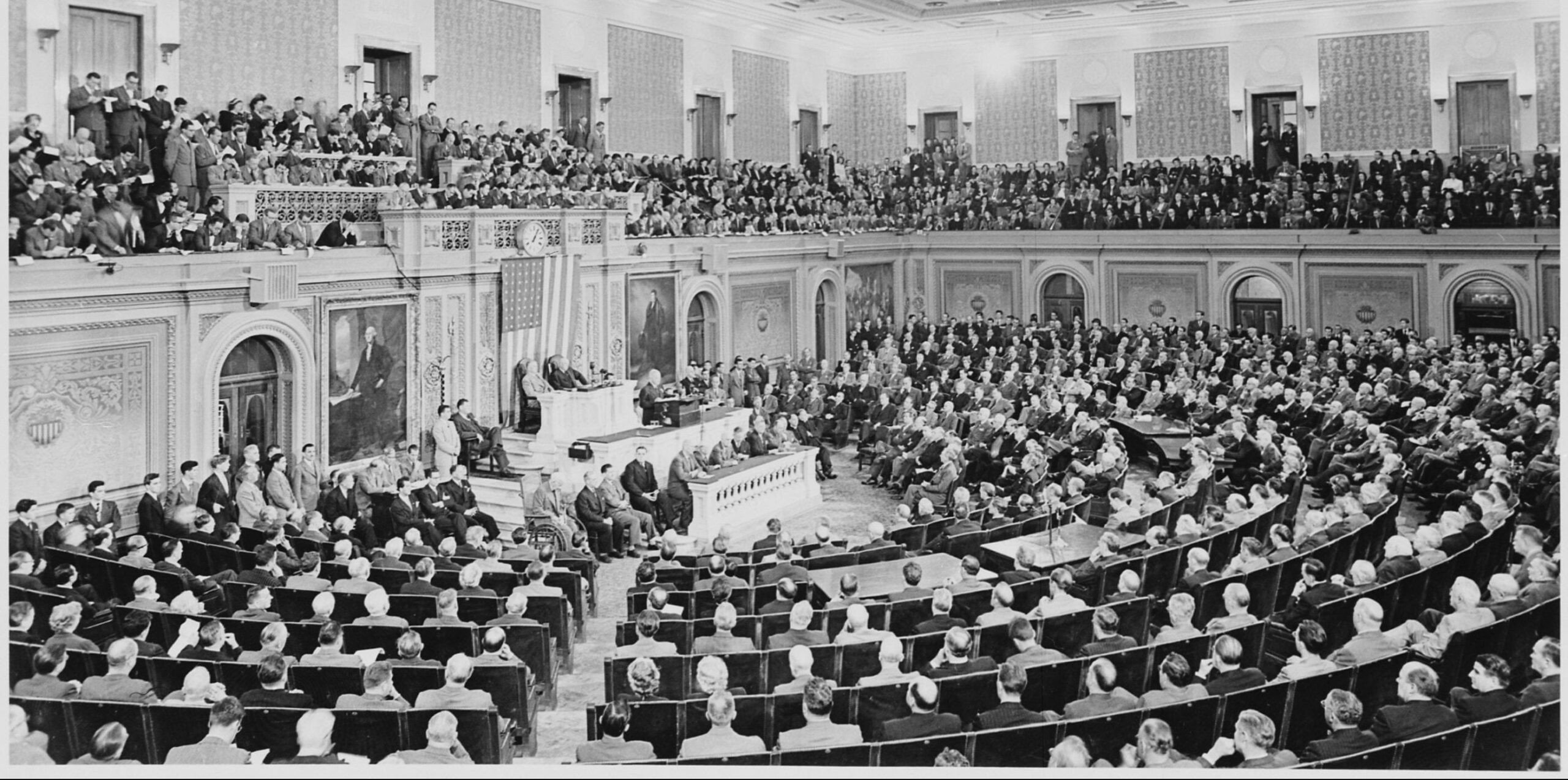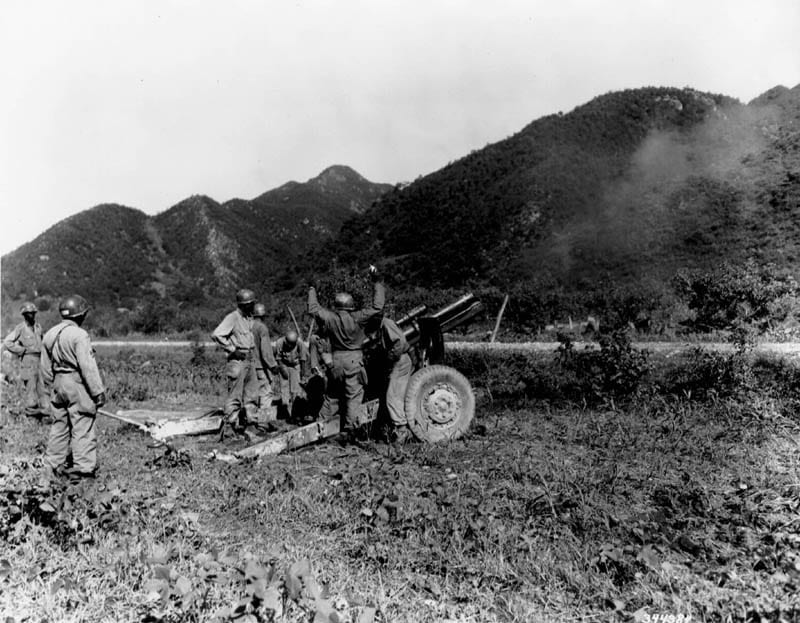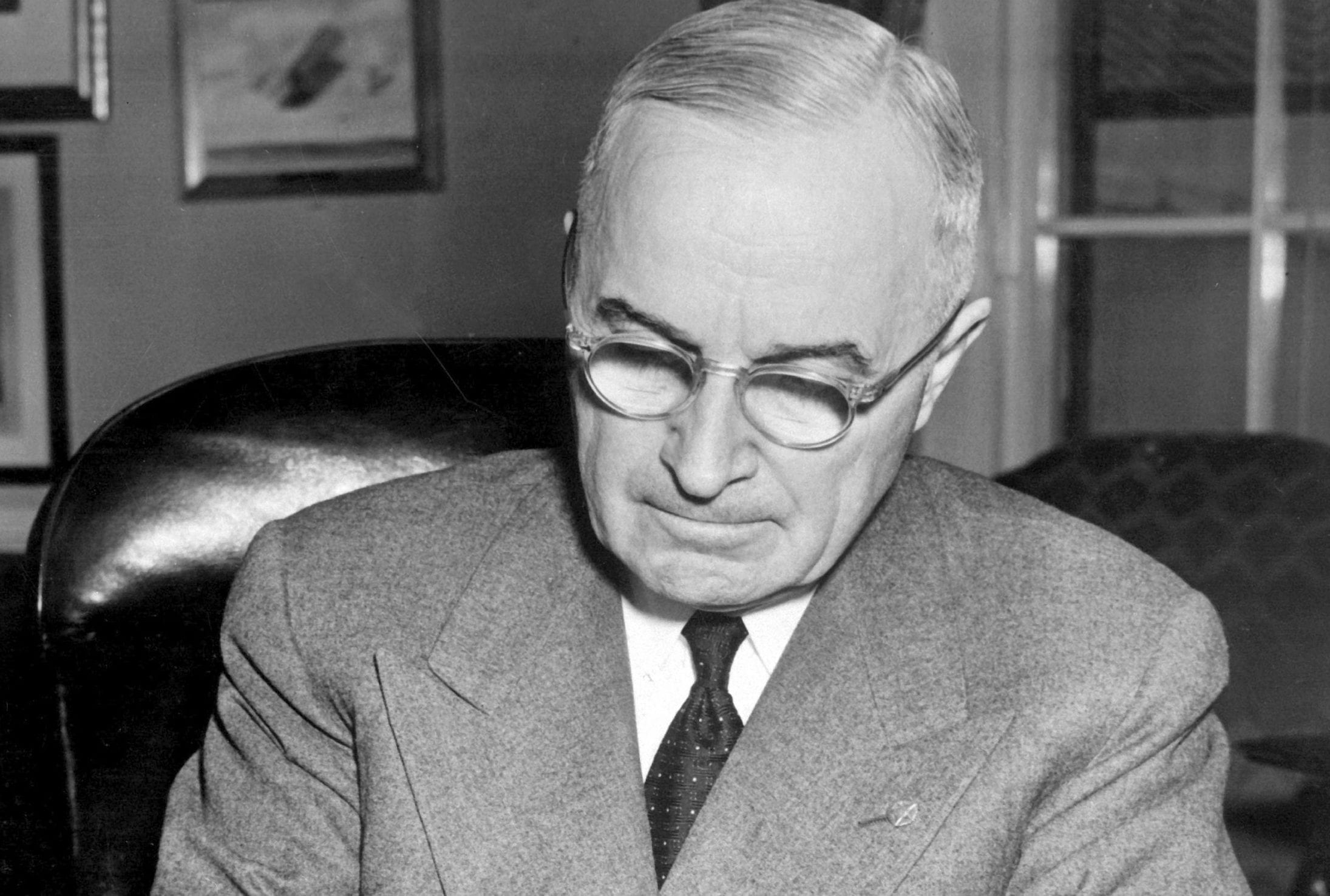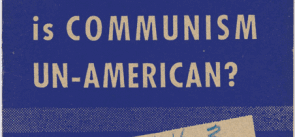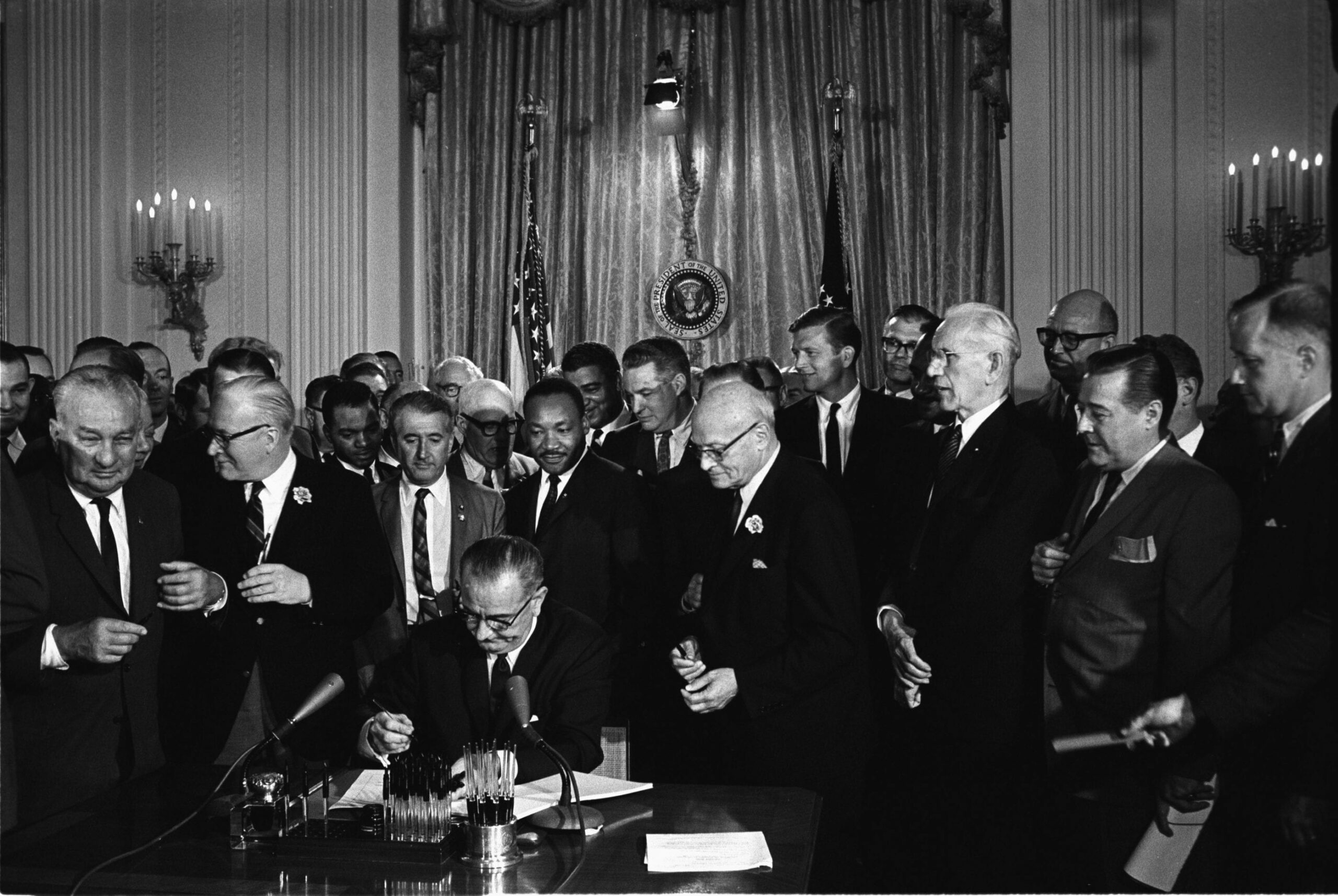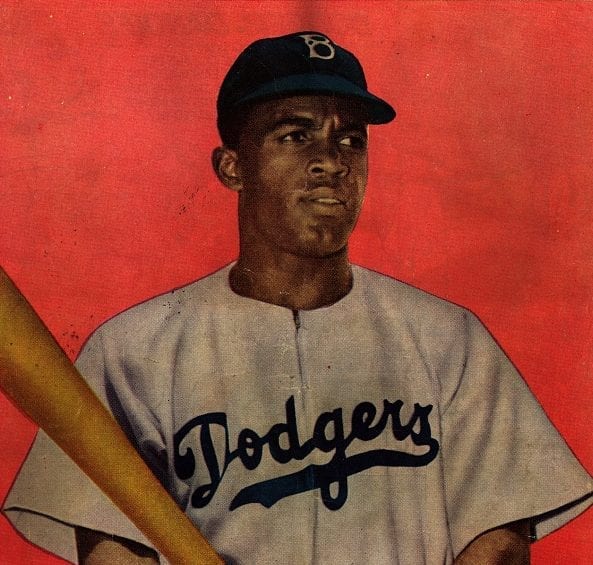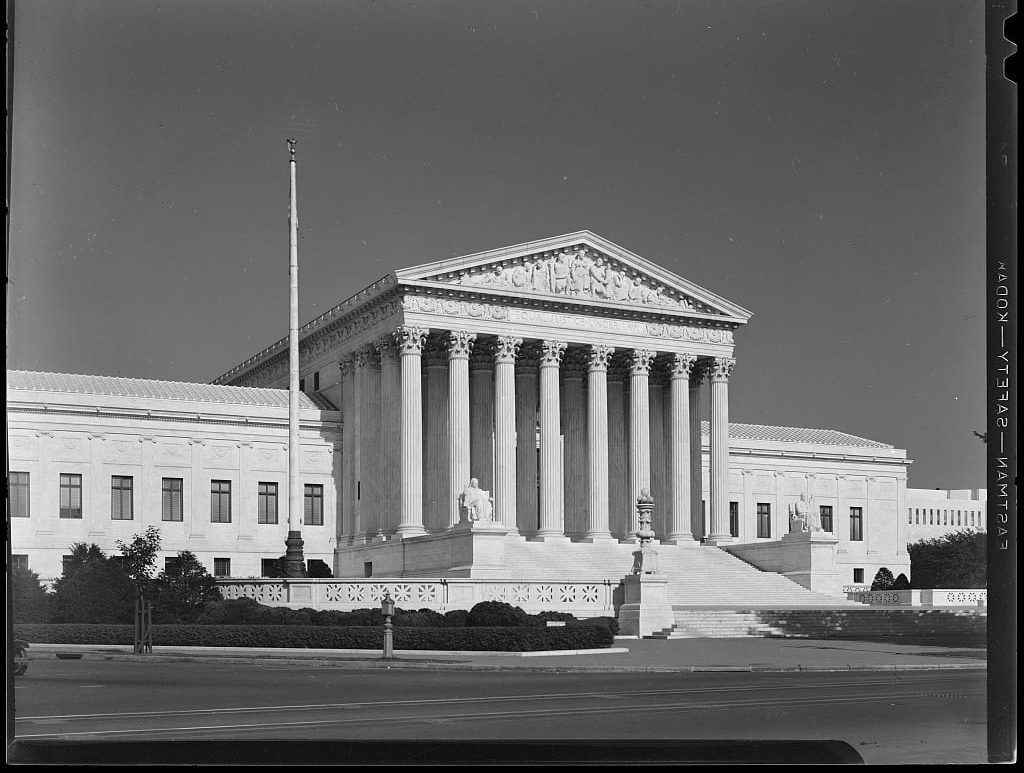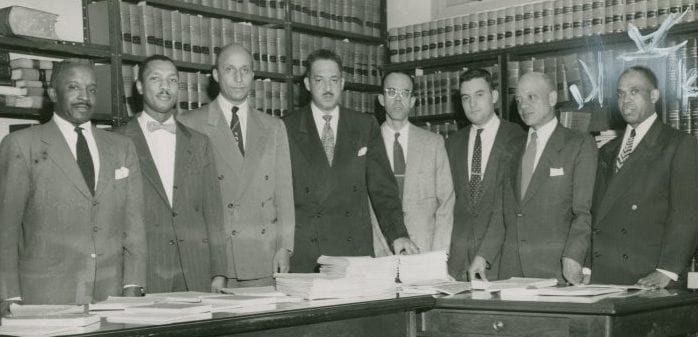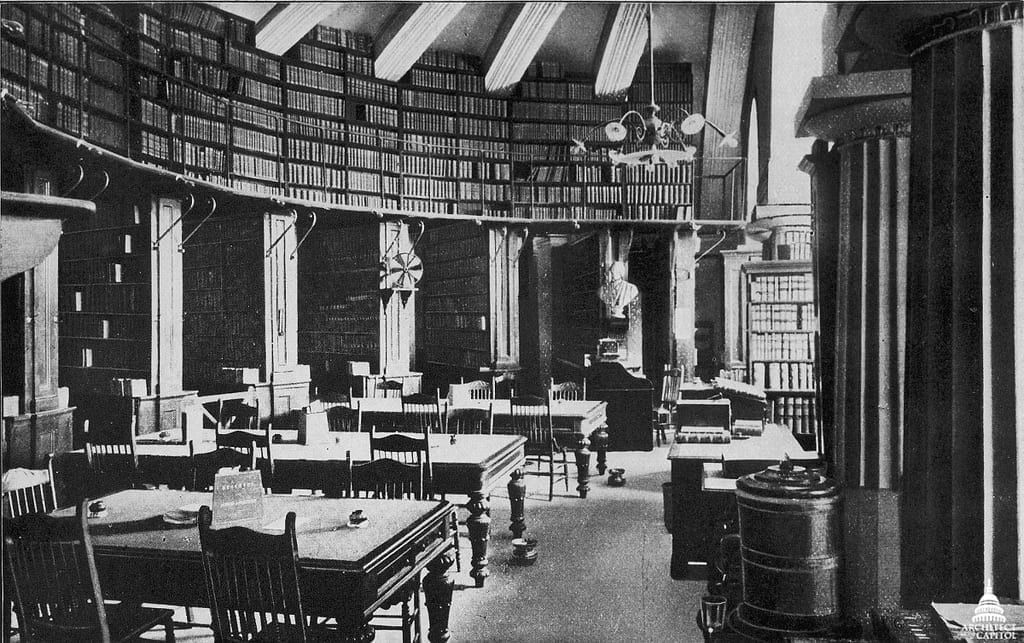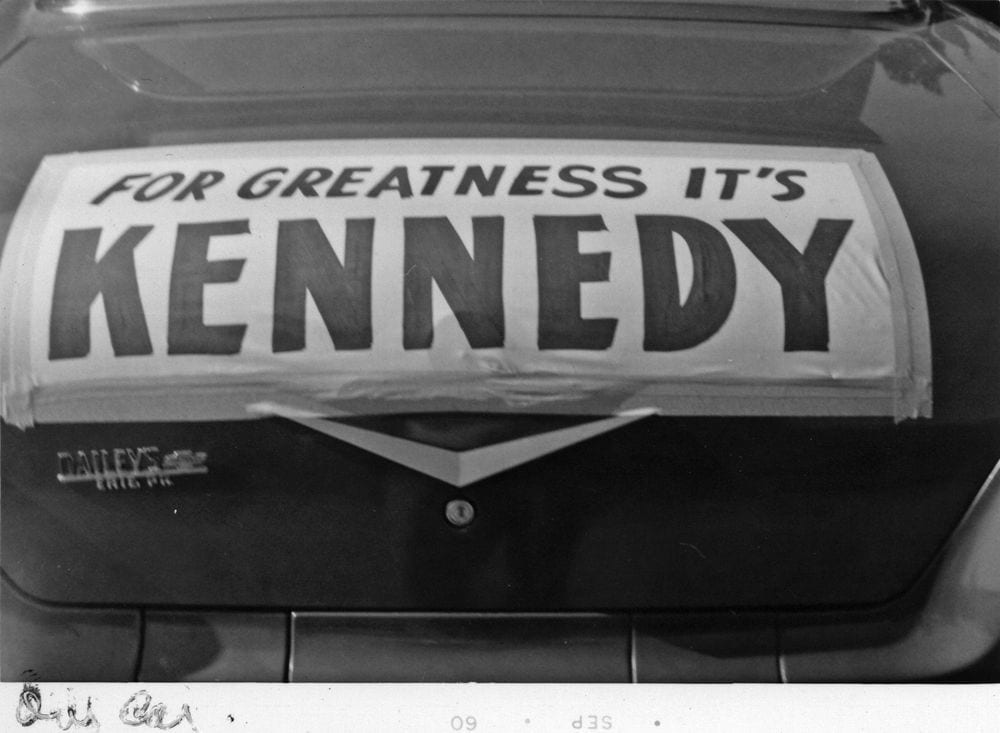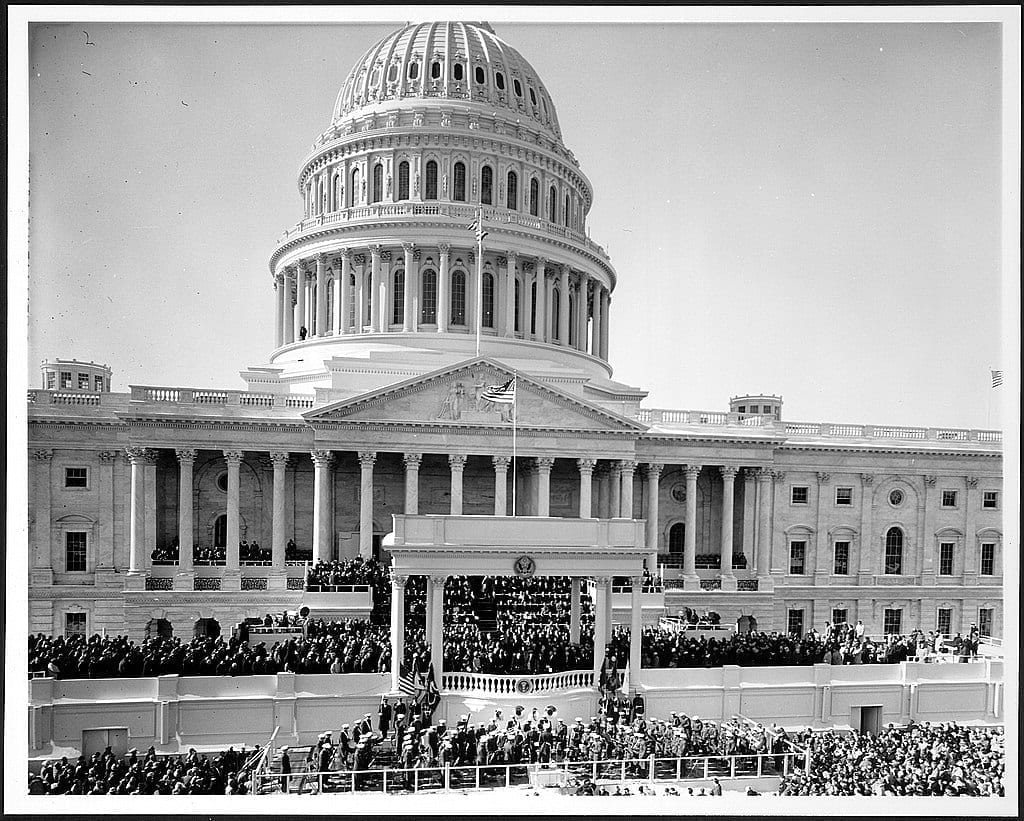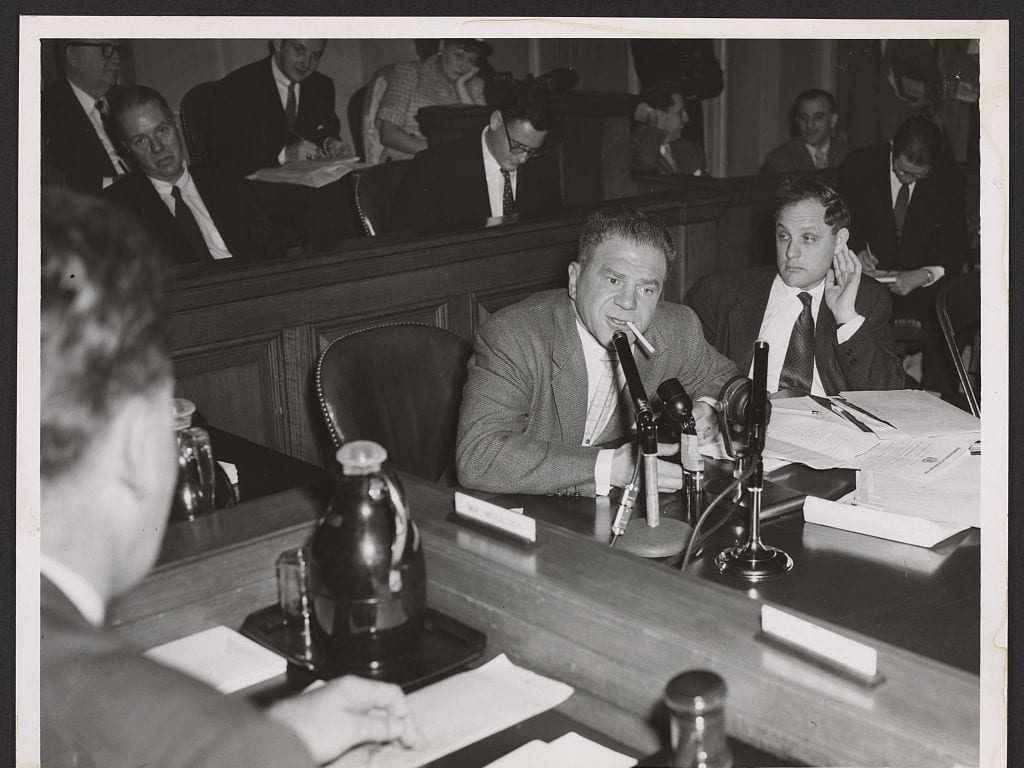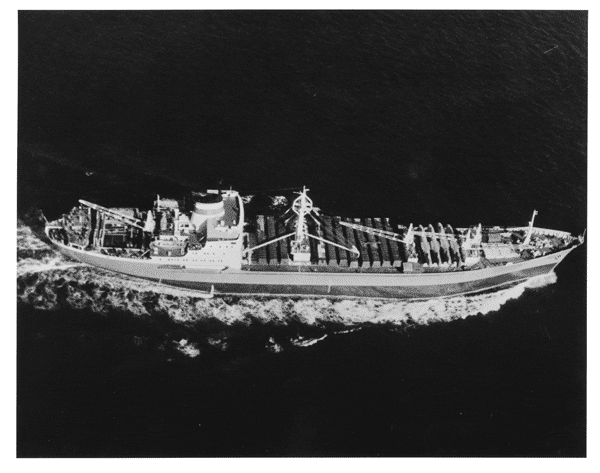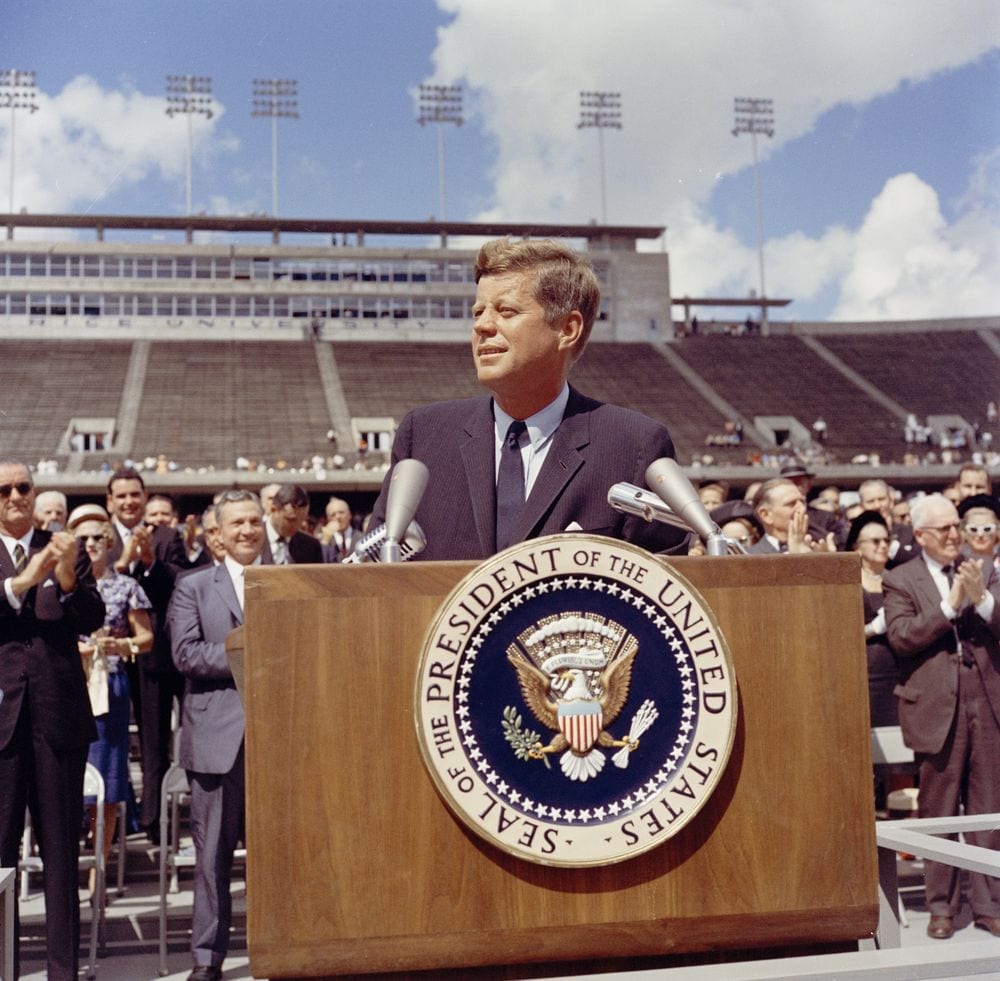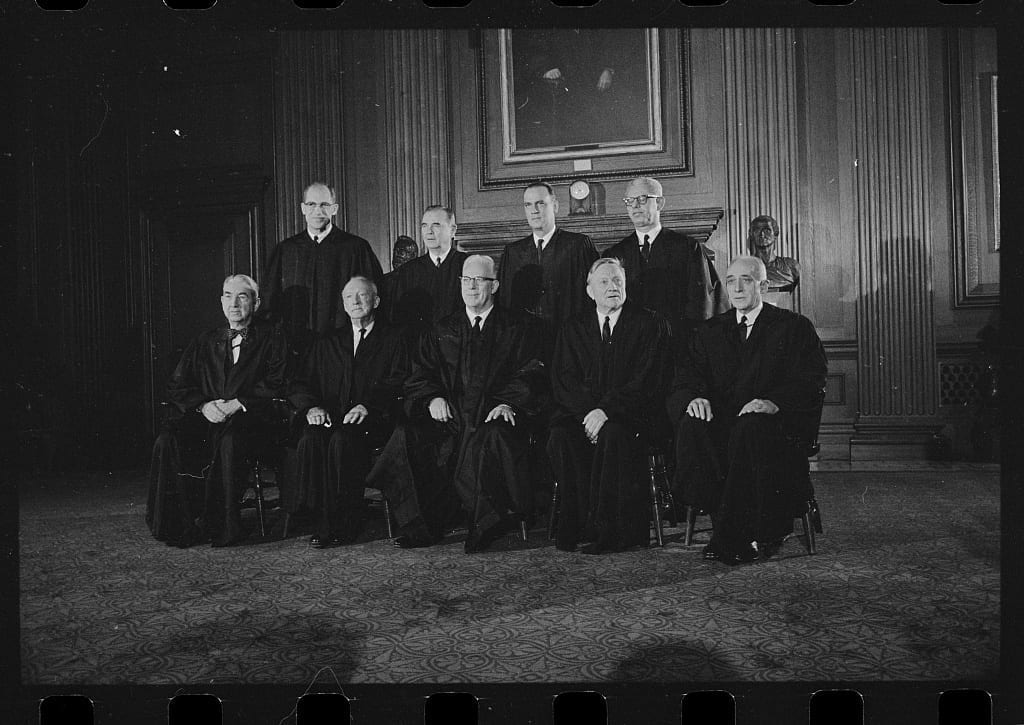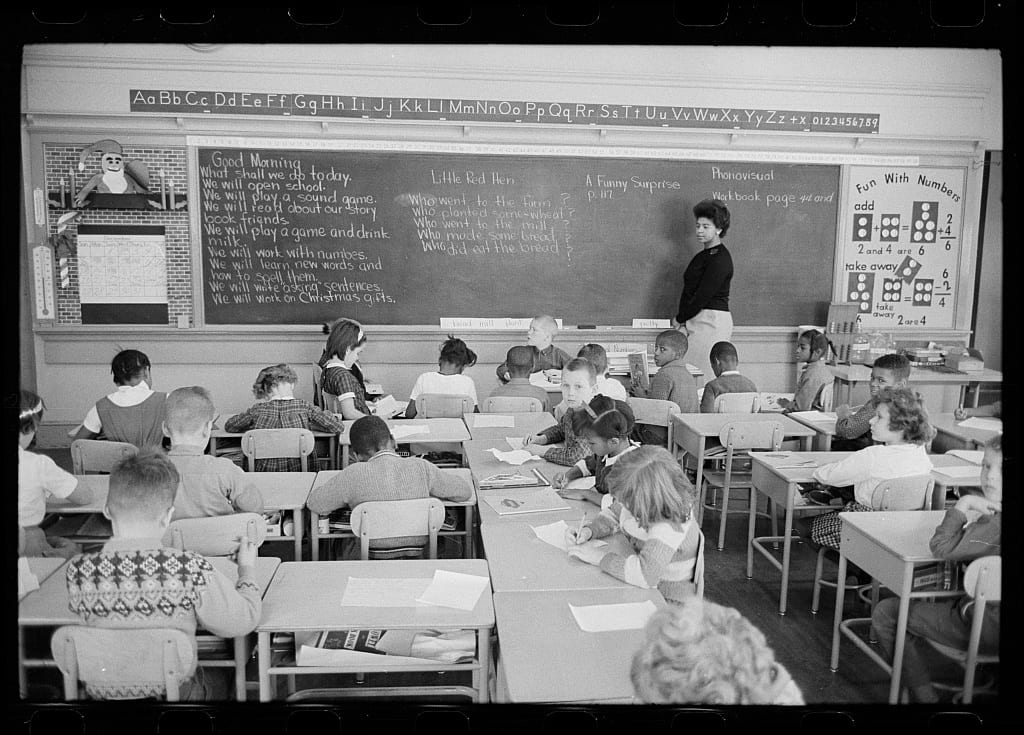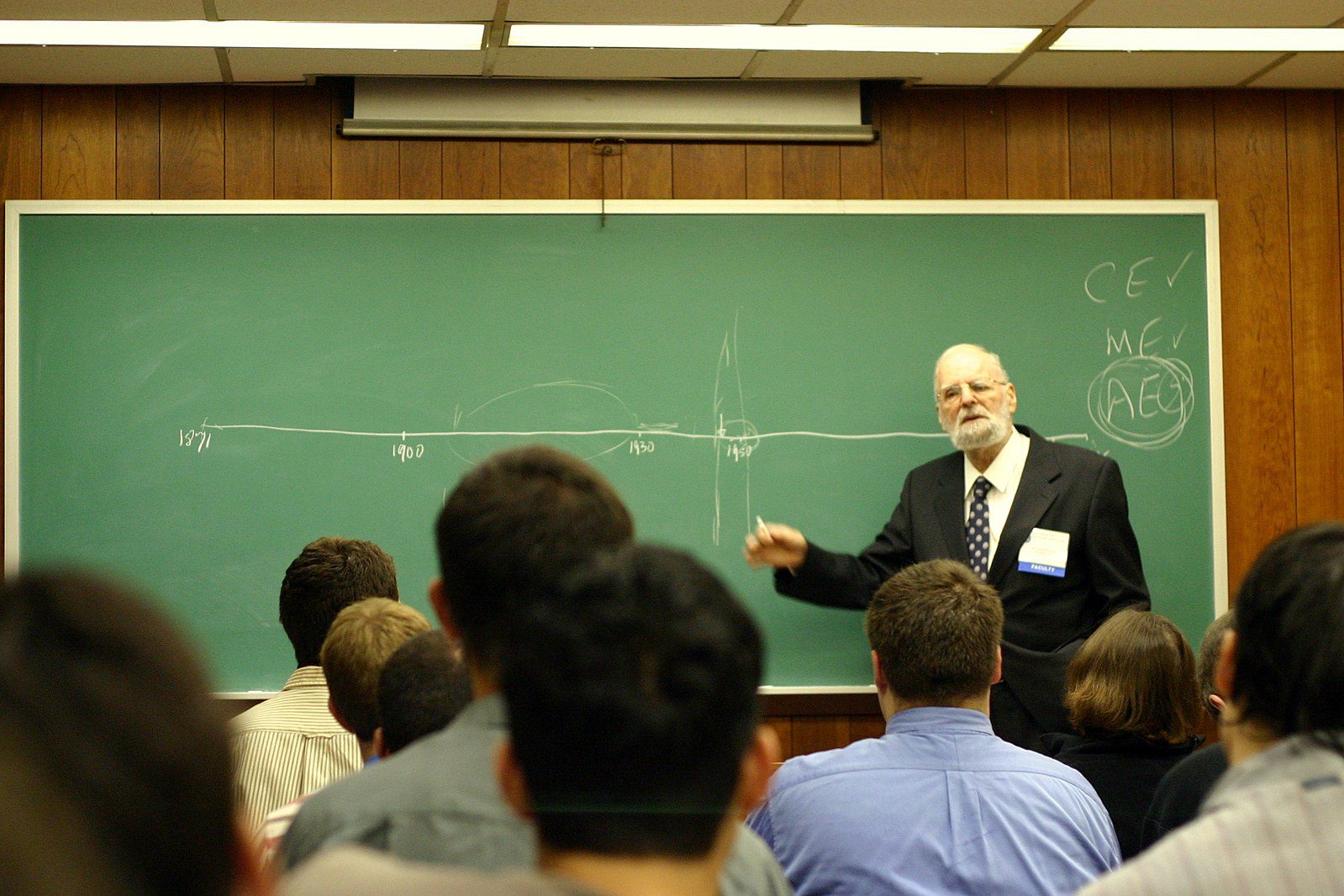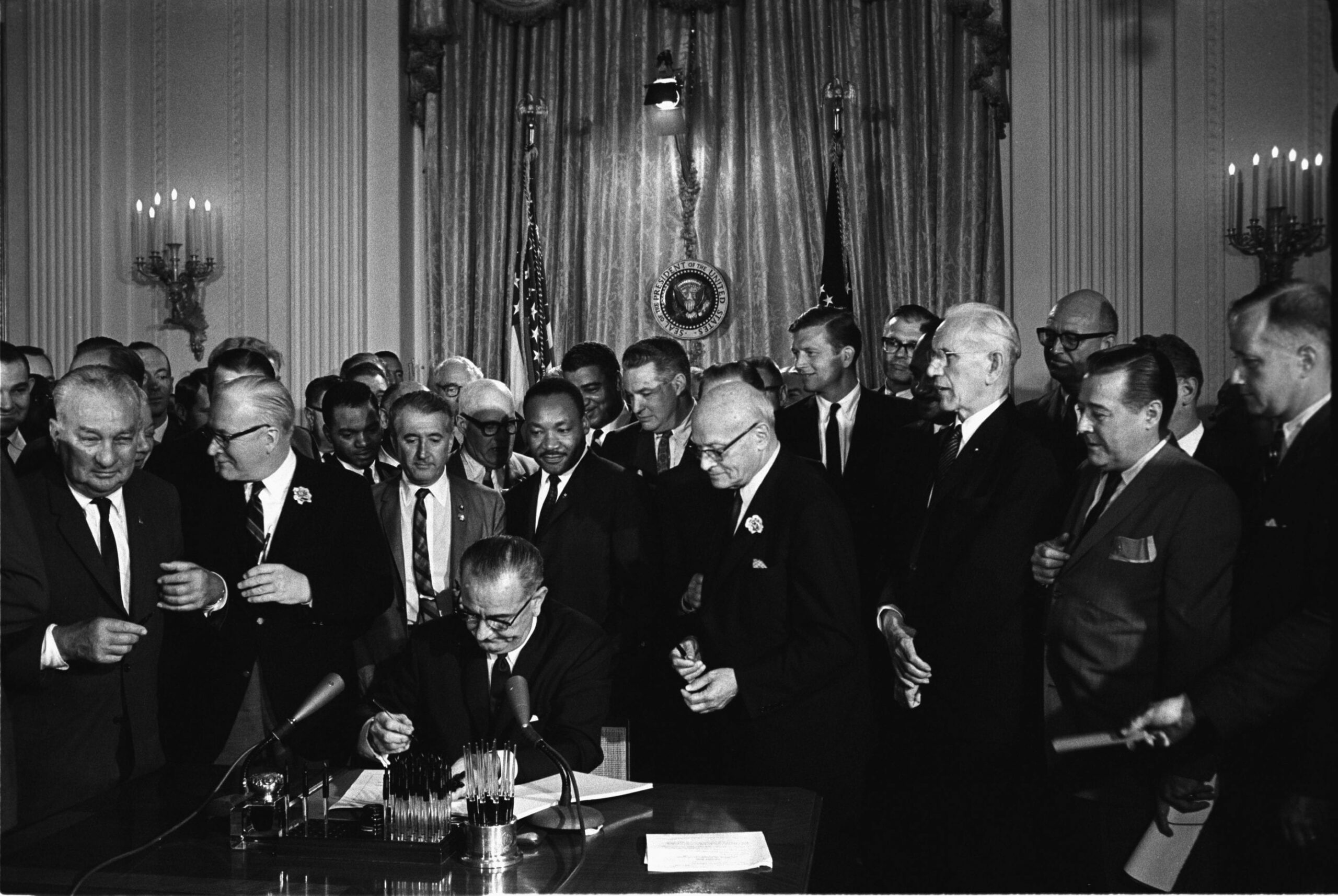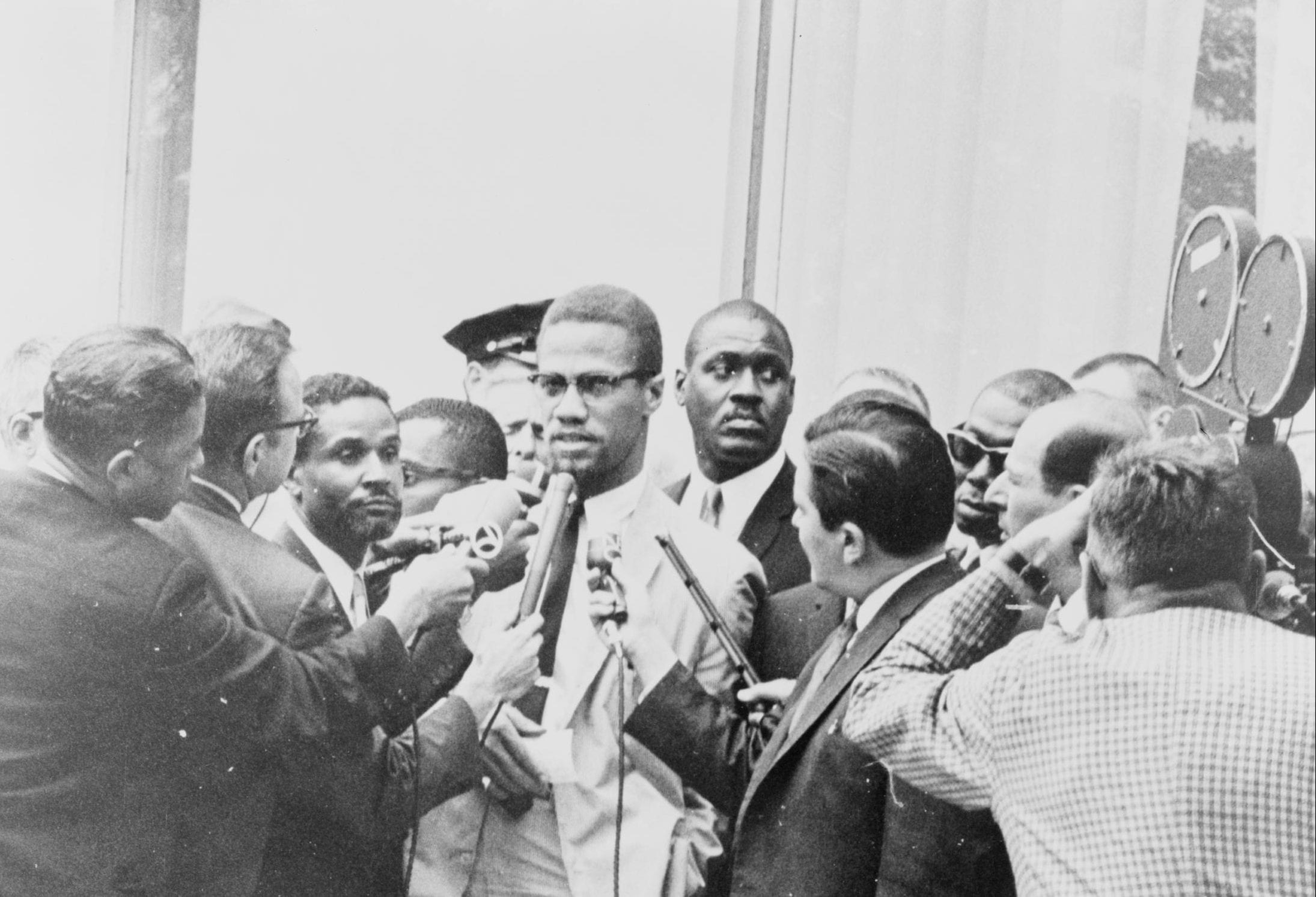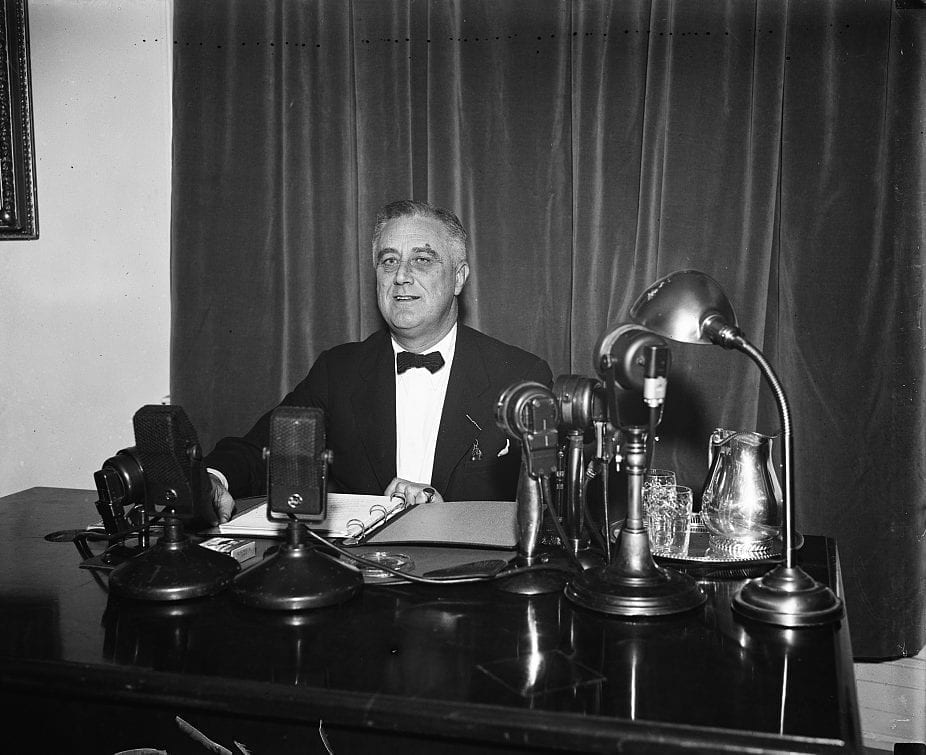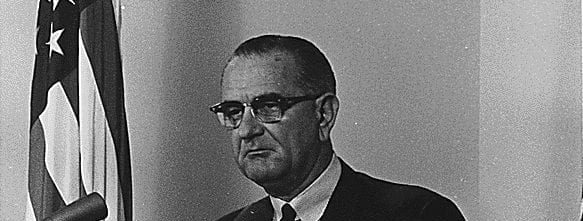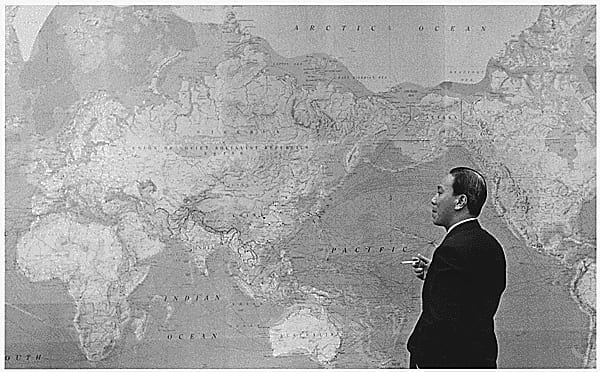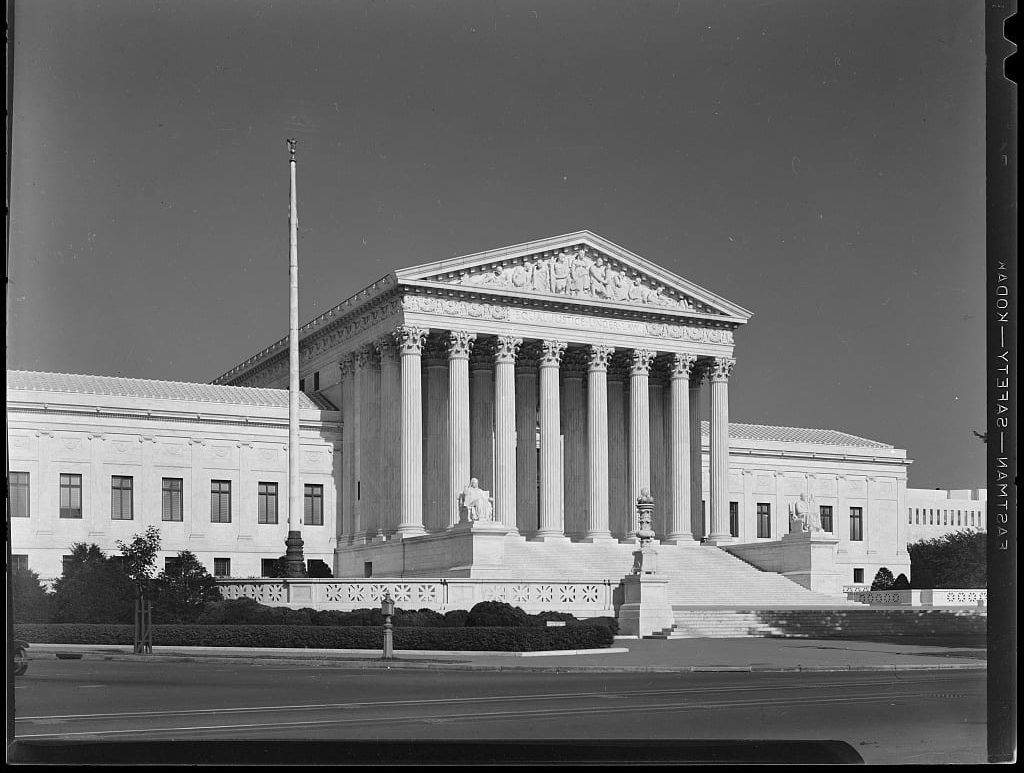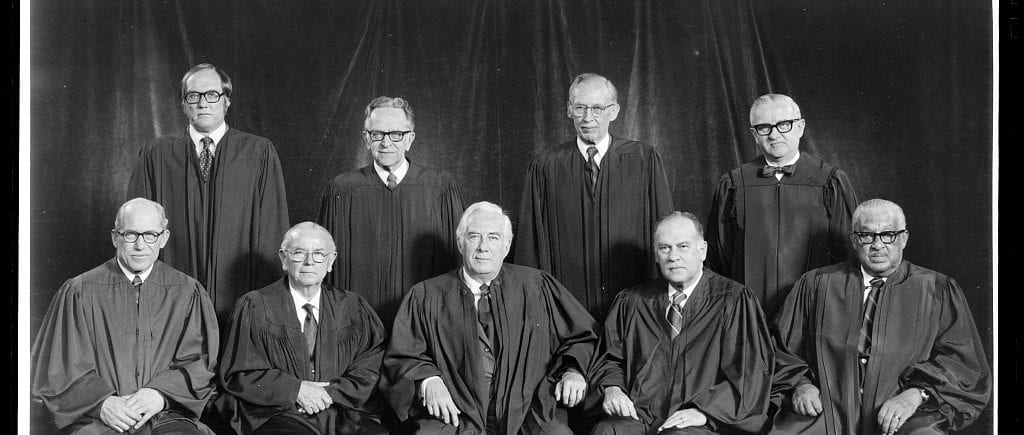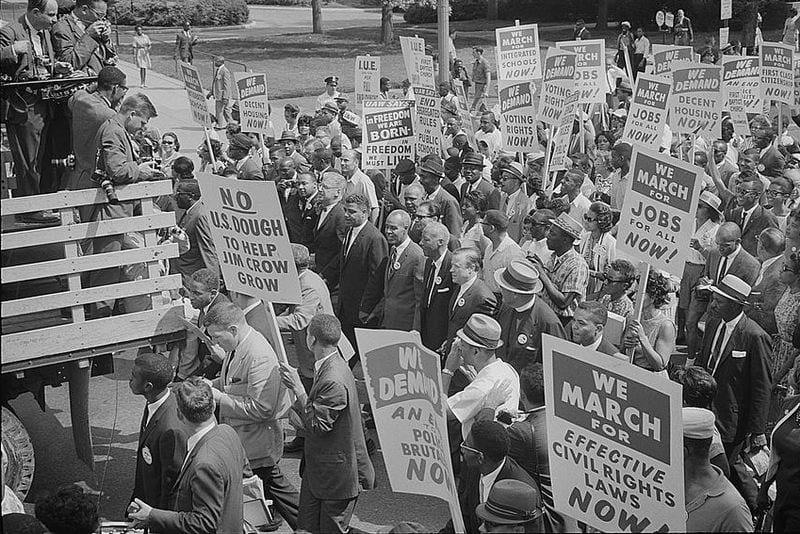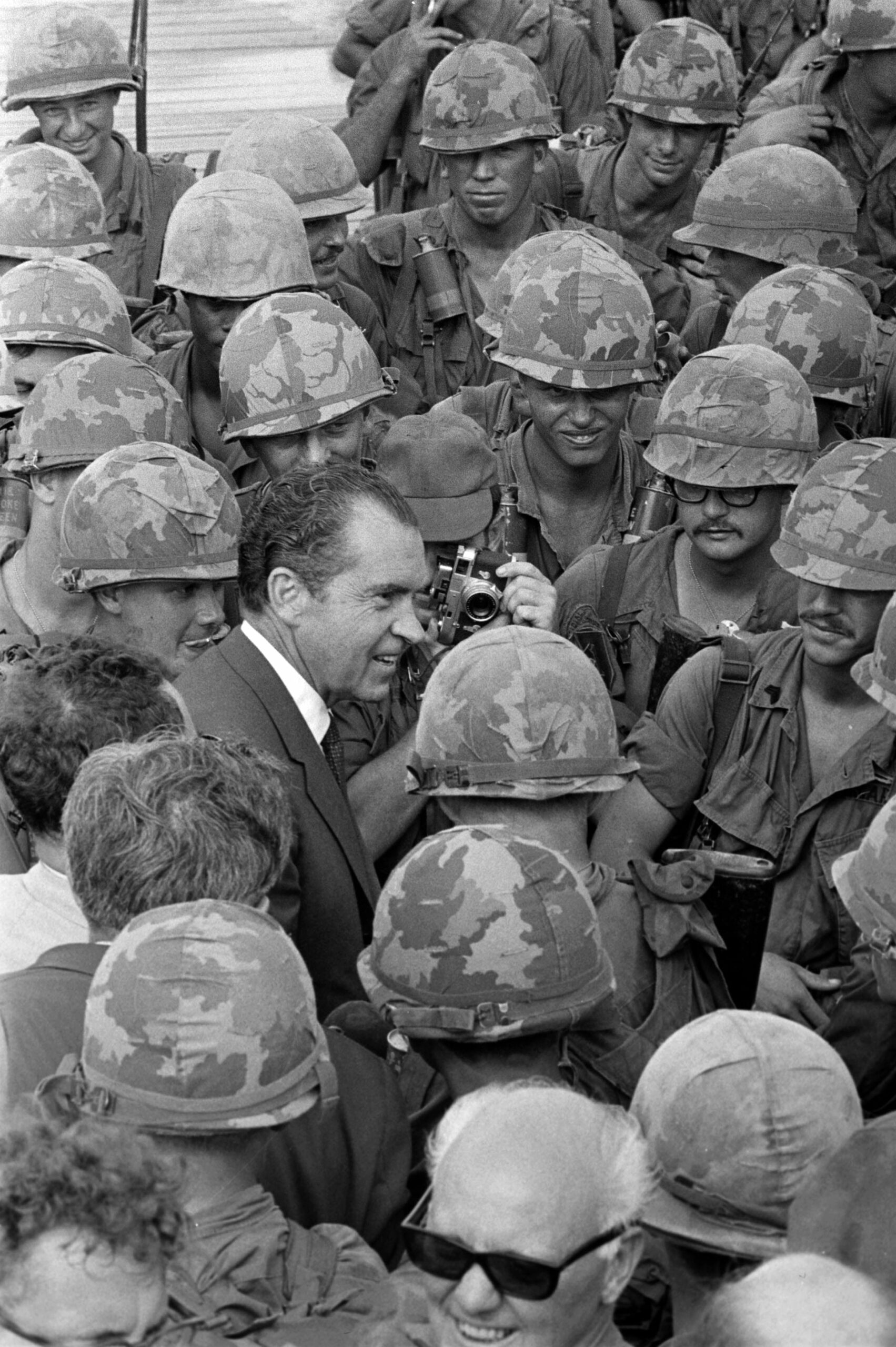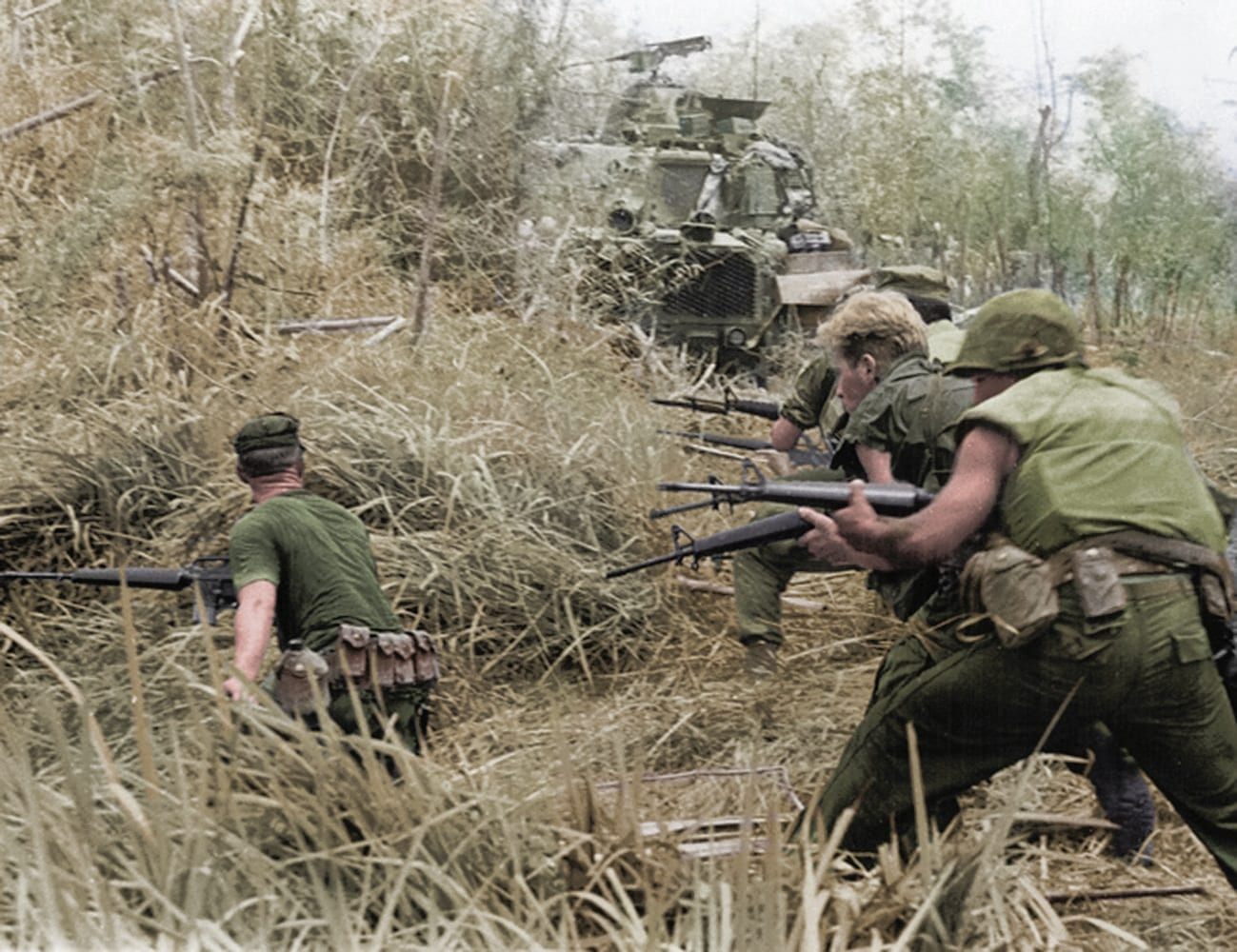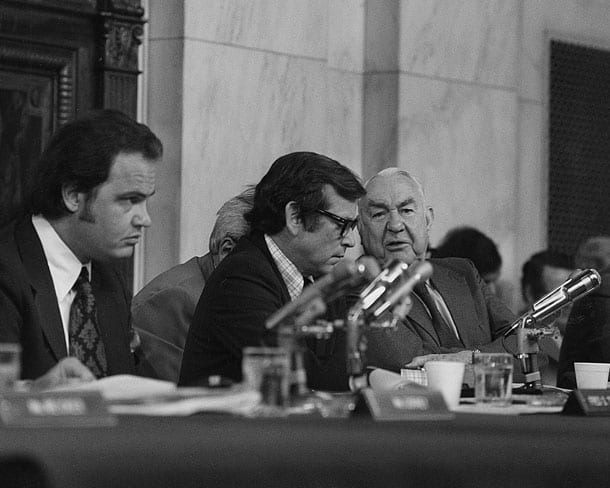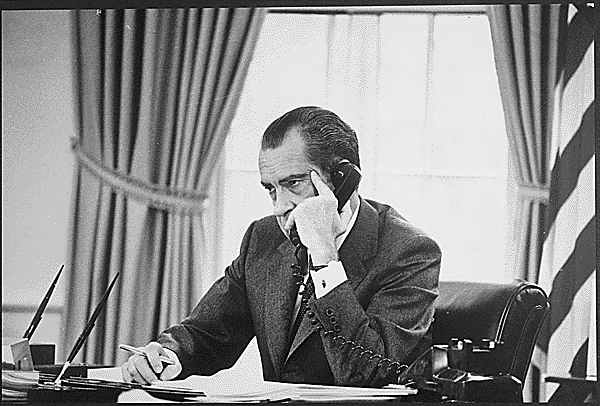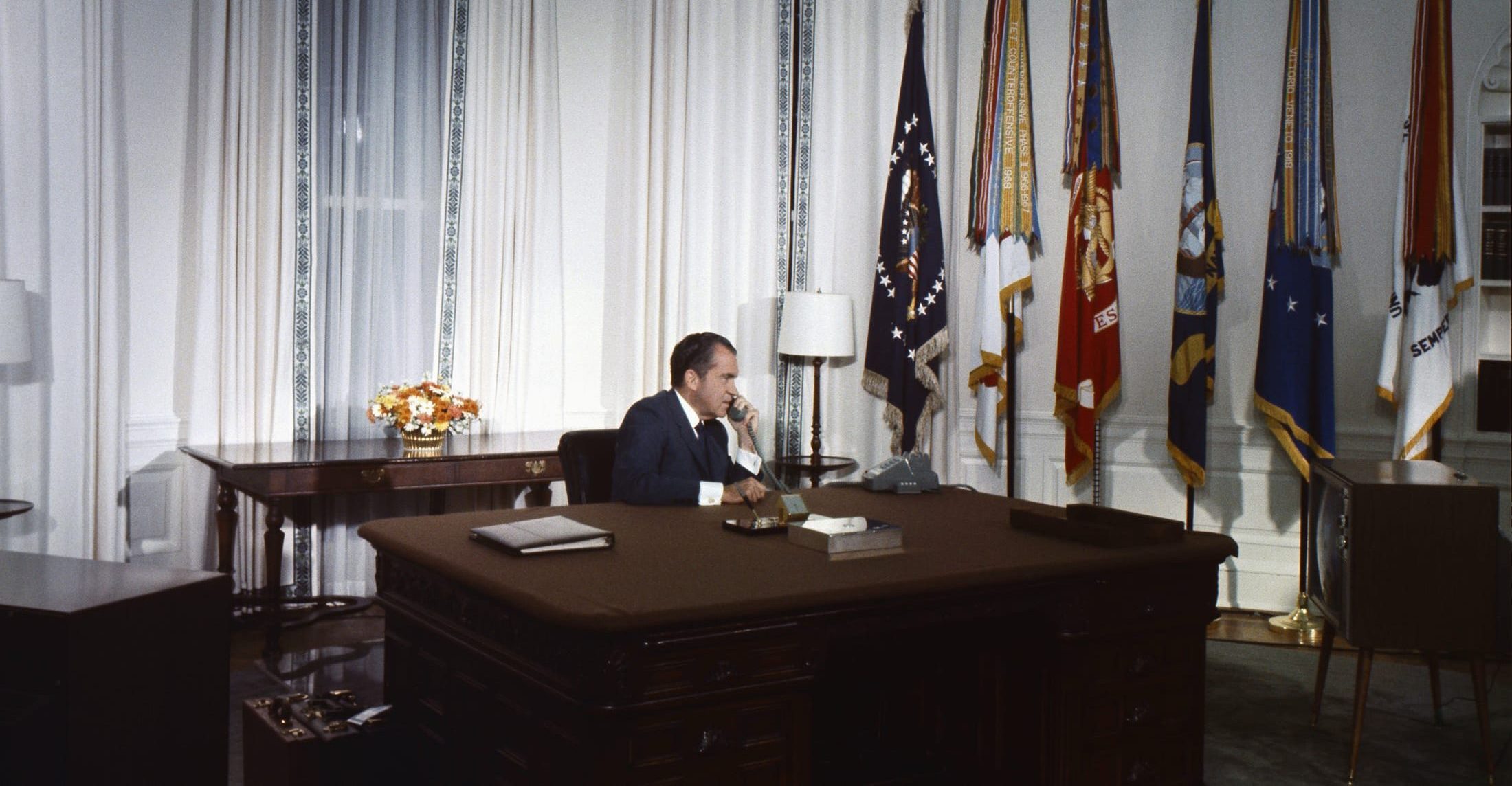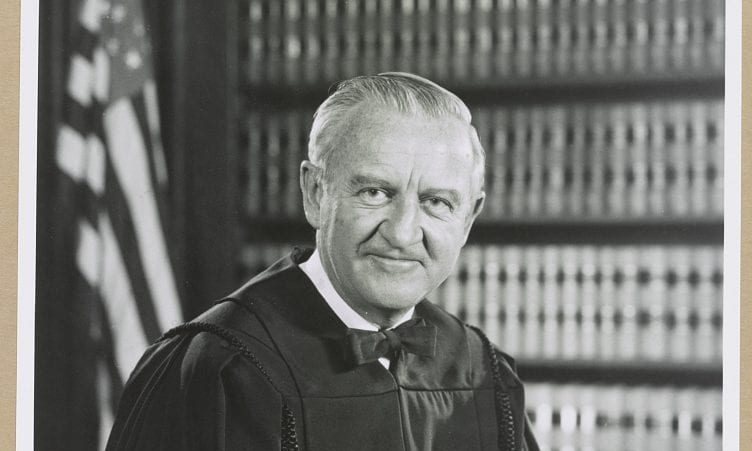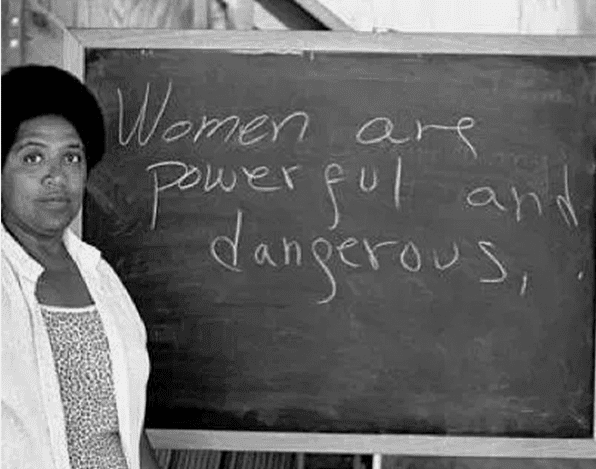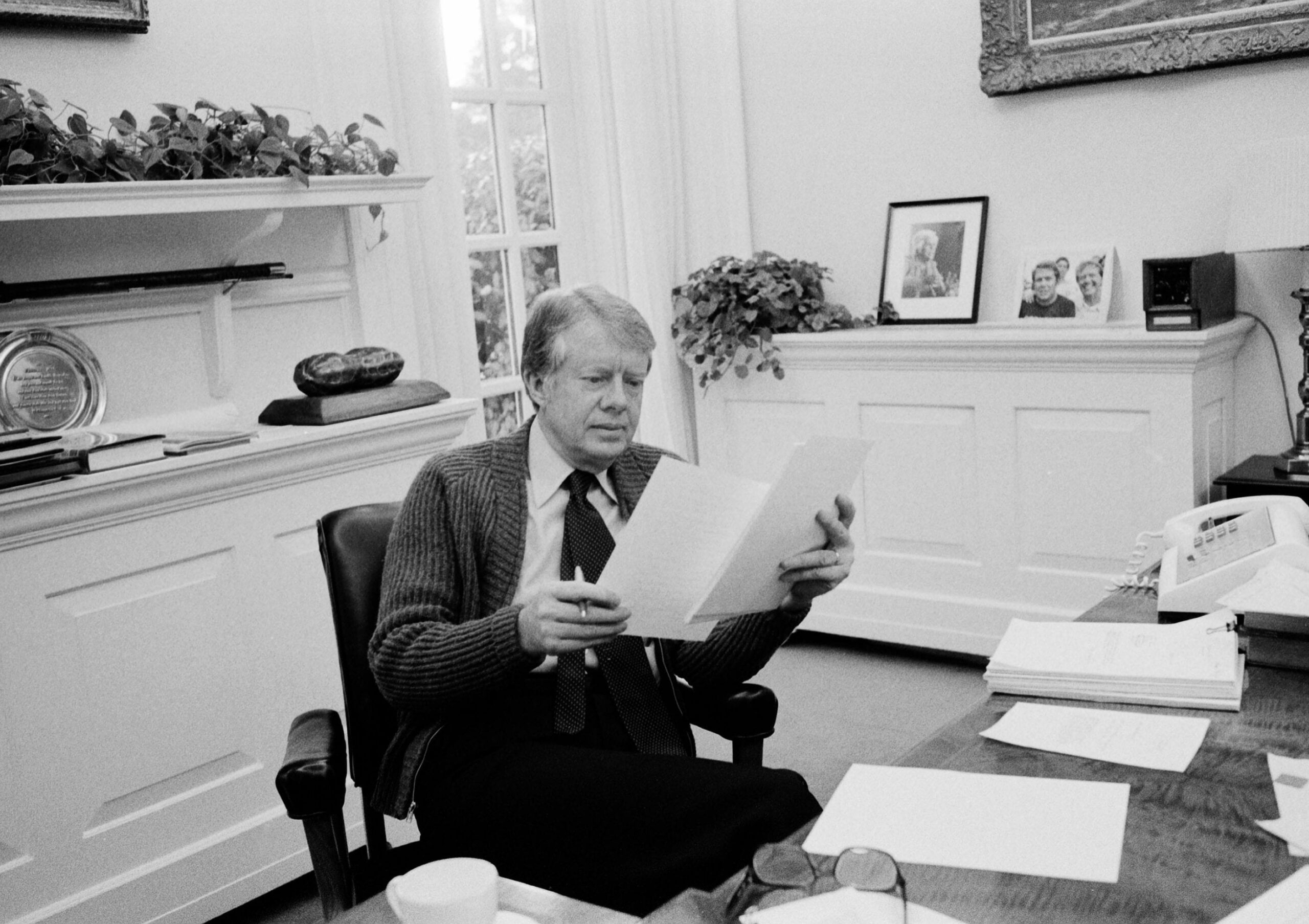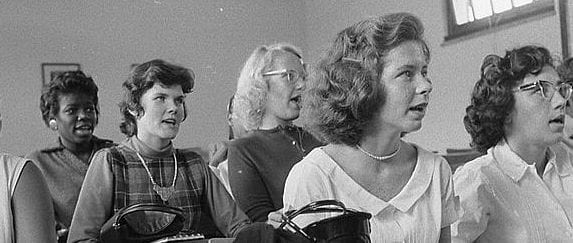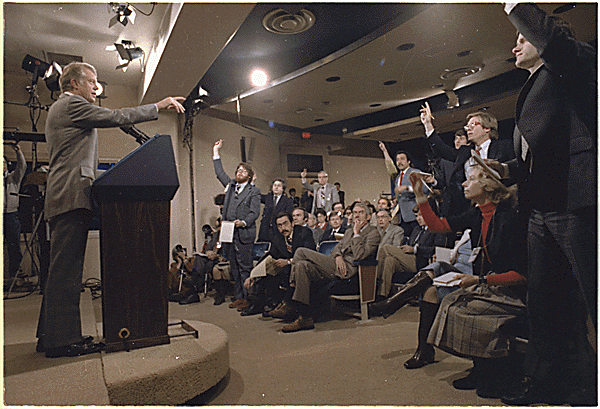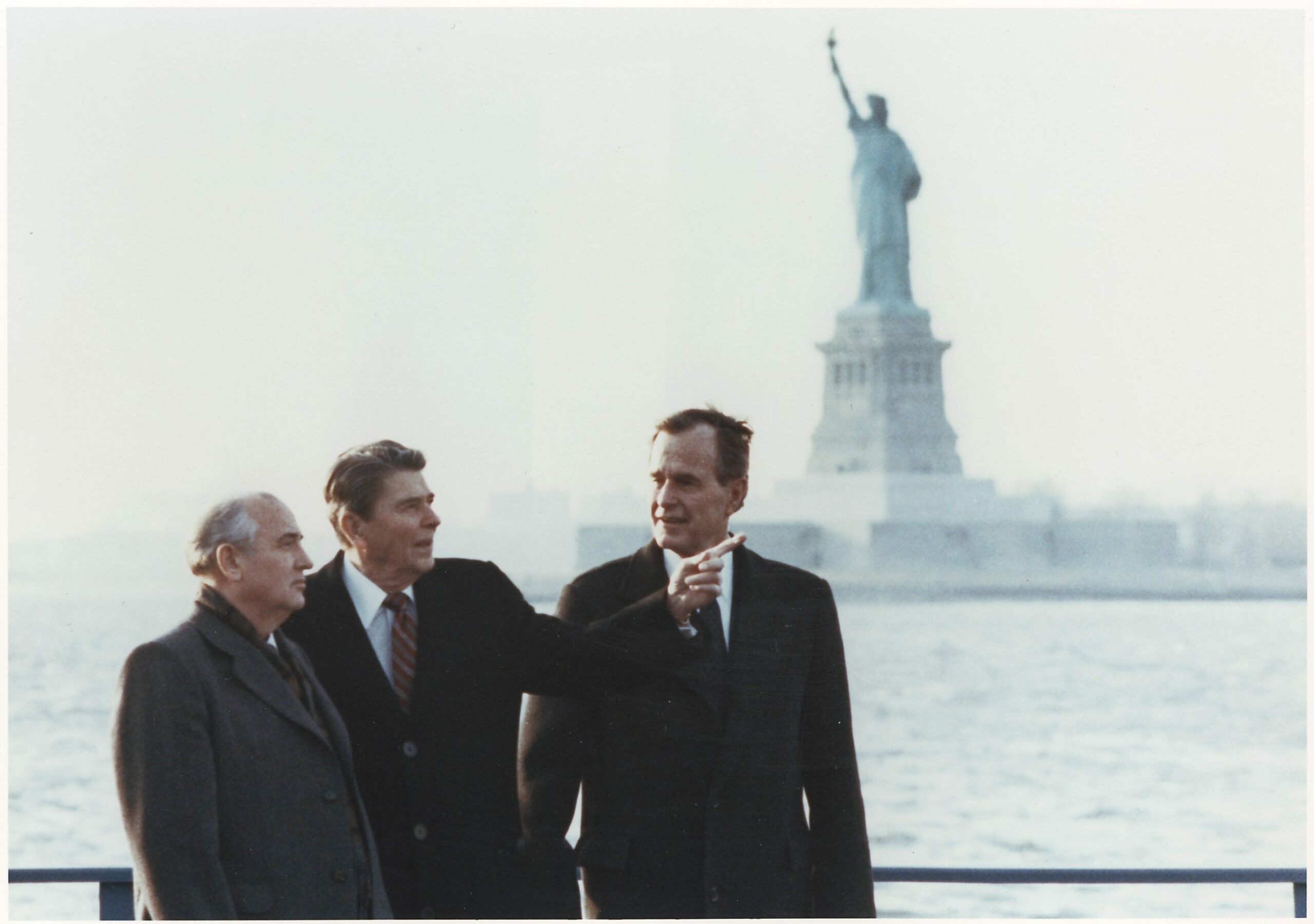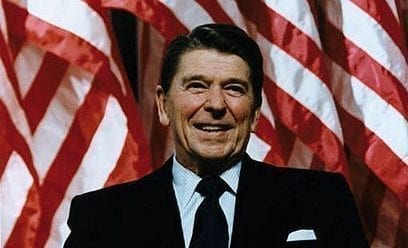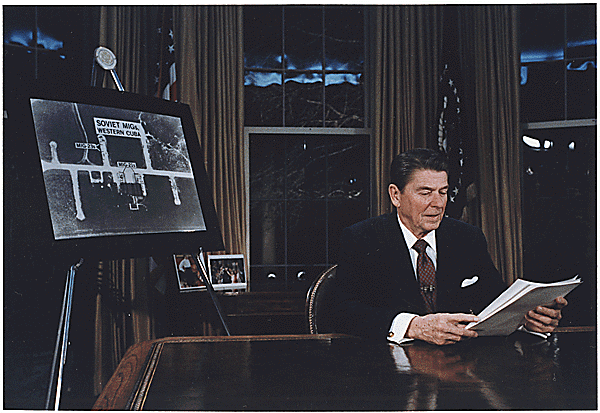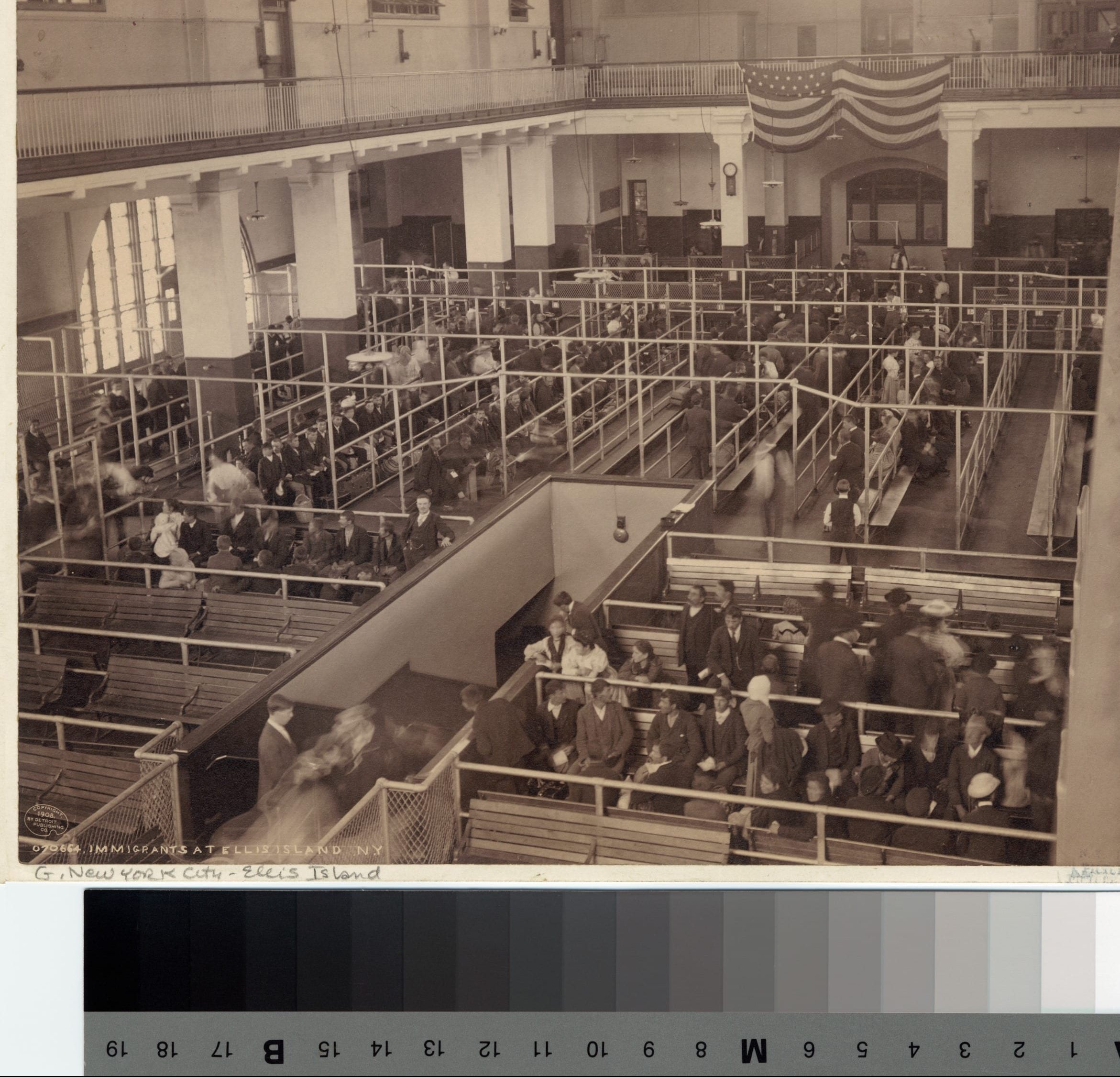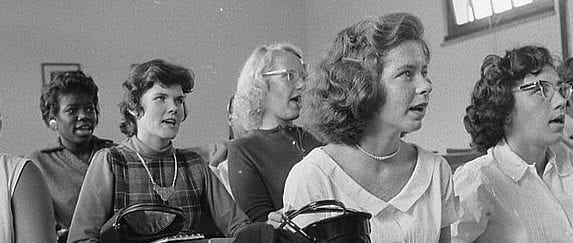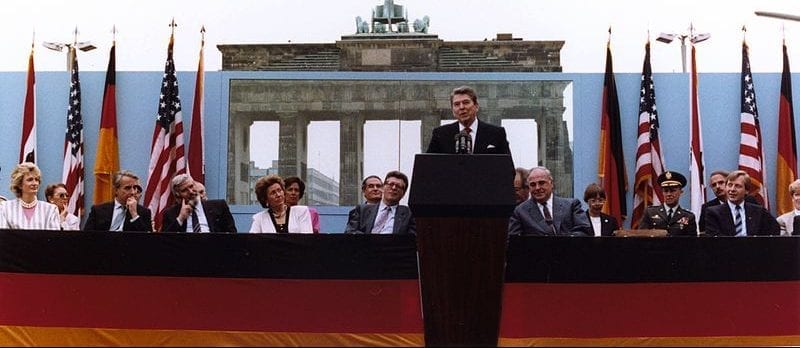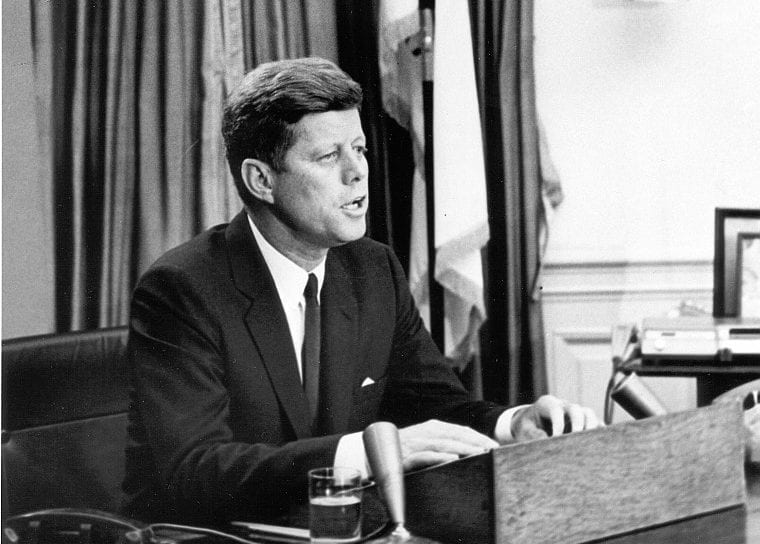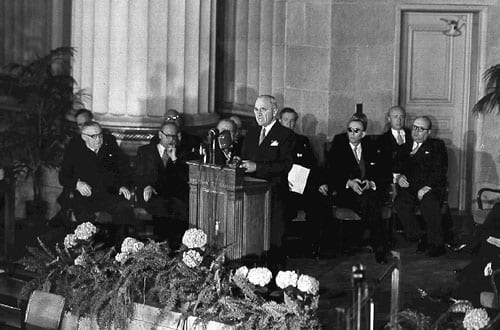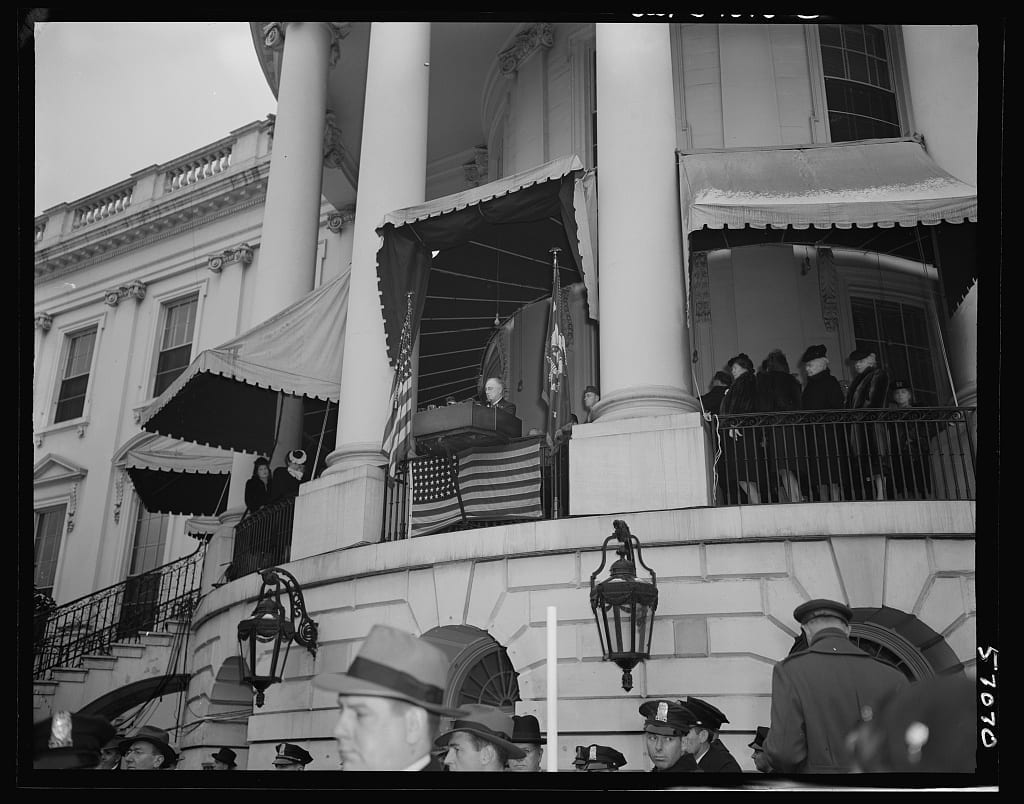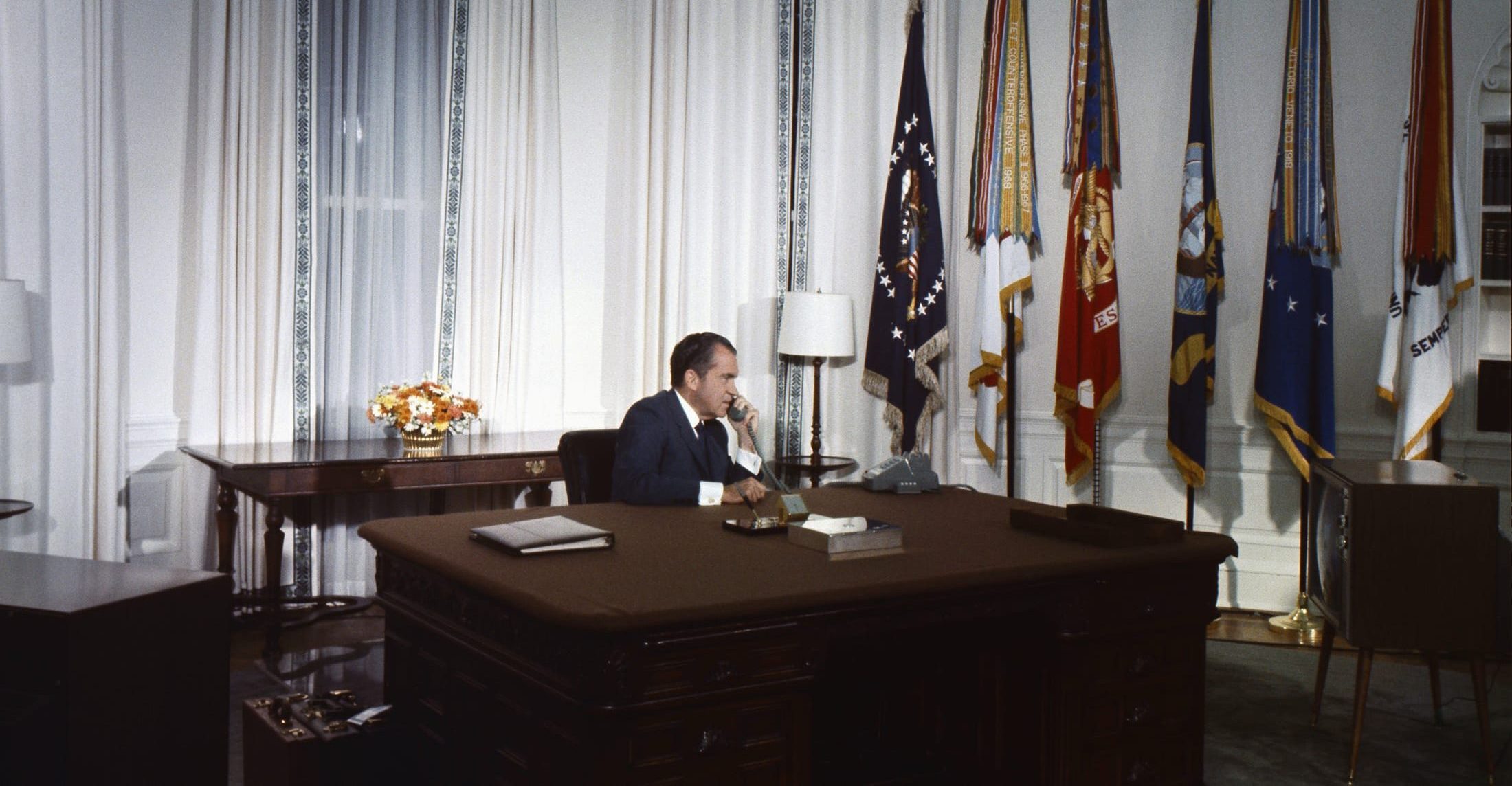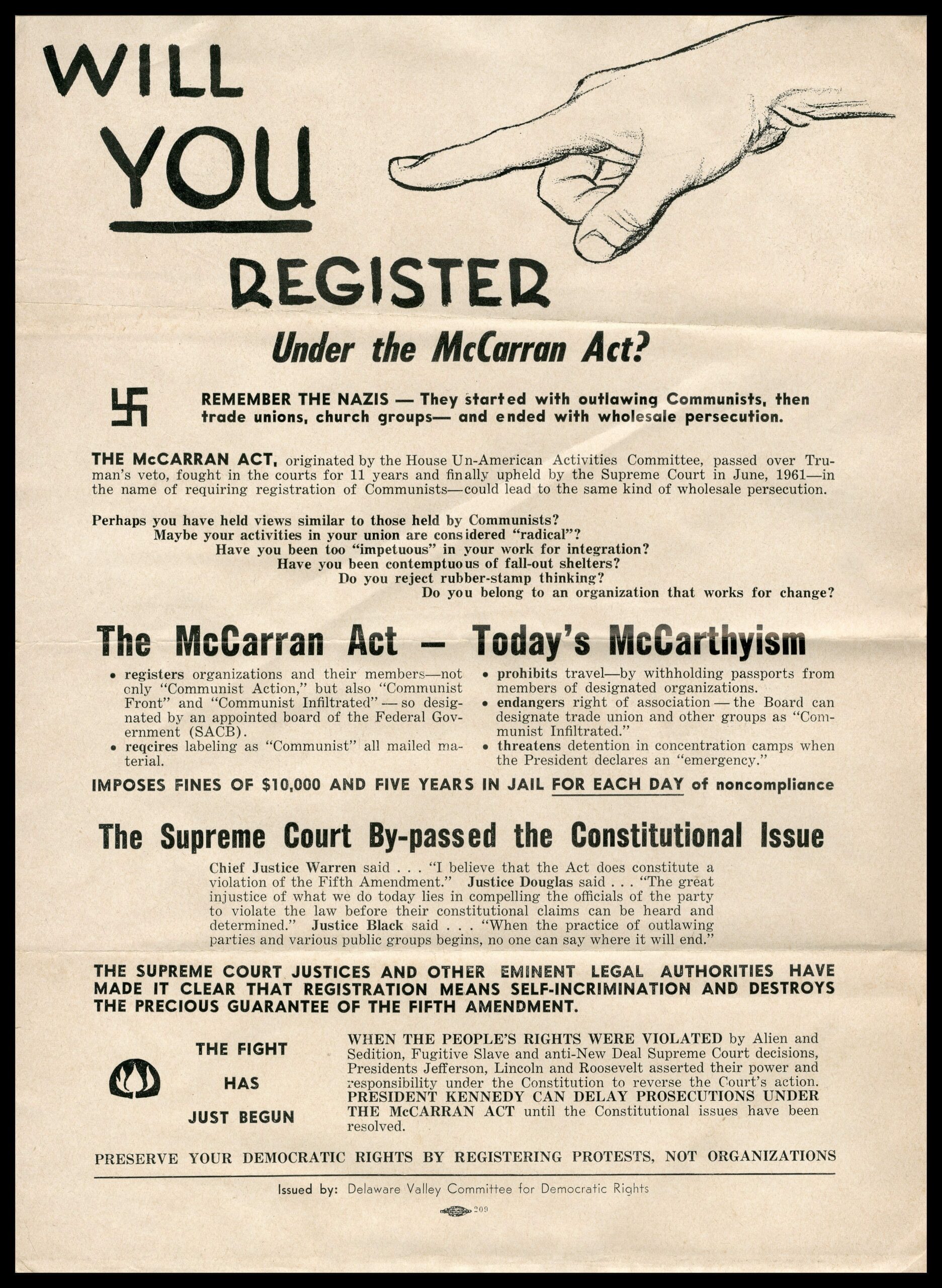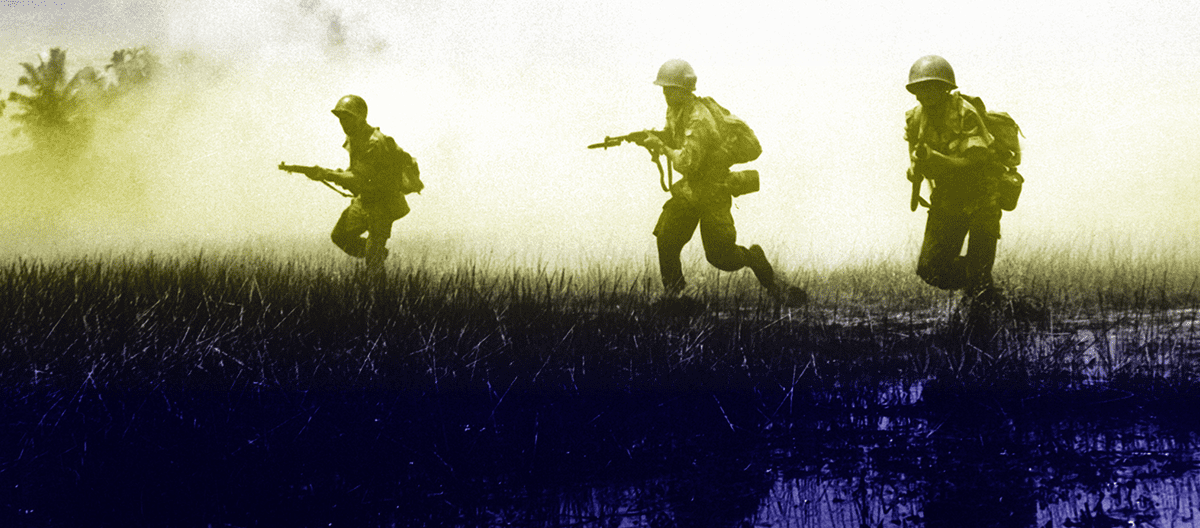
No related resources
Introduction
In the document below, President Jimmy Carter outlined his plan to reinvent U.S. foreign policy by ending containment (See Kennan, Truman, and NSC 68) that put an emphasis on the use of military force and covert action. Asking what is our “essential character as a nation,” he answered that the United States must make international human rights a priority. Despite his criticism of certain Cold War practices, Carter made it clear that the United States was still determined to prevent the spread of communism. Indeed, Carter and his administration believed that the promotion of human rights offered an opportunity to discredit the Soviet Union for the oppression of its own citizens.
During his presidency, Carter struggled to meet the high ideals set forth in this speech. Continued support for Iran, for example, kept the United States close to a ruler, Mohammad Reza Shah, who was a flagrant violator of human rights in his nation. (He brutally suppressed political opposition and was ousted from power in 1979.) In 1979, however, Carter achieved one of his top goals: the brokering of a Middle East peace agreement that greatly improved relations between Egypt and Israel.
Source: Public Papers of the Presidents of the United States: Jimmy Carter, 1977, Book I (Washington, D.C.: U.S. Government Printing Office, 1977), 954–62. Available online from Gerhard Peters and John T. Woolley, The American Presidency Project. https://goo.gl/UQAdCx.
. . . I want to speak to you today about the strands that connect our actions overseas with our essential character as a nation. I believe we can have a foreign policy that is democratic, that is based on fundamental values, and that uses power and influence, which we have, for humane purposes. We can also have a foreign policy that the American people both support and, for a change, know about and understand.
I have a quiet confidence in our own political system. Because we know that democracy works, we can reject the arguments of those rulers who deny human rights to their people.
We are confident that democracy’s example will be compelling, and so we seek to bring that example closer to those from whom in the past few years we have been separated and who are not yet convinced about the advantages of our kind of life.
We are confident that the democratic methods are the most effective, and so we are not tempted to employ improper tactics here at home or abroad.
We are confident of our own strength, so we can seek substantial mutual reductions in the nuclear arms race.
And we are confident of the good sense of American people, and so we let them share in the process of making foreign policy decisions. We can thus speak with the voices of 215 million, and not just of an isolated handful.
Democracy’s great recent successes – in India, Portugal, Spain, Greece1 – show that our confidence in this system is not misplaced. Being confident of our own future, we are now free of that inordinate fear of communism which once led us to embrace any dictator who joined us in that fear. I’m glad that that’s being changed.
For too many years, we’ve been willing to adopt the flawed and erroneous principles and tactics of our adversaries, sometimes abandoning our own values for theirs. We’ve fought fire with fire, never thinking that fire is better quenched with water. This approach failed, with Vietnam the best example of its intellectual and moral poverty. But through failure we have now found our way back to our own principles and values, and we have regained our lost confidence.
By the measure of history, our Nation’s 200 years are very brief, and our rise to world eminence is briefer still. It dates from 1945, when Europe and the old international order lay in ruins. Before then, America was largely on the periphery of world affairs. But since then, we have inescapably been at the center of world affairs.
Our policy during this period was guided by two principles: a belief that Soviet expansion was almost inevitable but that it must be contained, and the corresponding belief in the importance of an almost exclusive alliance among non-Communist nations on both sides of the Atlantic. That system could not last forever unchanged. Historical trends have weakened its foundation. The unifying threat of conflict with the Soviet Union has become less intensive, even though the competition has become more extensive.
The Vietnamese war produced a profound moral crisis, sapping worldwide faith in our own policy and our system of life, a crisis of confidence made even more grave by the covert pessimism of some of our leaders.
In less than a generation, we’ve seen the world change dramatically. The daily lives and aspirations of most human beings have been transformed. Colonialism is nearly gone. A new sense of national identity now exists in almost 100 new countries that have been formed in the last generation. Knowledge has become more widespread. Aspirations are higher. As more people have been freed from traditional constraints, more have been determined to achieve, for the first time in their lives, social justice.
The world is still divided by ideological disputes, dominated by regional conflicts, and threatened by danger that we will not resolve the differences of race and wealth without violence or without drawing into combat the major military powers. We can no longer separate the traditional issues of war and peace from the new global questions of justice, equity, and human rights.
It is a new world, but America should not fear it. It is a new world, and we should help to shape it. It is a new world that calls for a new American foreign policy – a policy based on constant decency in its values and on optimism in our historical vision.
We can no longer have a policy solely for the industrial nations as the foundation of global stability, but we must respond to the new reality of a politically awakening world.
We can no longer expect that the other 150 nations will follow the dictates of the powerful, but we must continue – confidently – our efforts to inspire, to persuade, and to lead.
Our policy must reflect our belief that the world can hope for more than simple survival and our belief that dignity and freedom are fundamental spiritual requirements. Our policy must shape an international system that will last longer than secret deals.
We cannot make this kind of policy by manipulation. Our policy must be open; it must be candid; it must be one of constructive global involvement . . . .
. . . [W]e have reaffirmed America’s commitment to human rights as a fundamental tenet of our foreign policy. In ancestry, religion, color, place of origin, and cultural background, we Americans are as diverse a nation as the world has even seen. No common mystique of blood or soil unites us. What draws us together, perhaps more than anything else, is a belief in human freedom. We want the world to know that our Nation stands for more than financial prosperity.
This does not mean that we can conduct our foreign policy by rigid moral maxims. We live in a world that is imperfect and which will always be imperfect – a world that is complex and confused and which will always be complex and confused.
I understand fully the limits of moral suasion. We have no illusion that changes will come easily or soon. But I also believe that it is a mistake to undervalue the power of words and of the ideas that words embody. In our own history, that power has ranged from Thomas Paine’s “Common Sense” to Martin Luther King, Jr.’s “I Have a Dream.”
In the life of the human spirit, words are action, much more so than many of us may realize who live in countries where freedom of expression is taken for granted. The leaders of totalitarian nations understand this very well. The proof is that words are precisely the action for which dissidents in those countries are being persecuted.
Nonetheless, we can already see dramatic, worldwide advances in the protection of the individual from the arbitrary power of the state. For us to ignore this trend would be to lose influence and moral authority in the world. To lead it will be to regain the moral stature that we once had.
The great democracies are not free because we are strong and prosperous. I believe we are strong and influential and prosperous because we are free.
Throughout the world today, in free nations and in totalitarian countries as well, there is a preoccupation with the subject of human freedom, human rights. And I believe it is incumbent on us in this country to keep that discussion, that debate, that contention alive. No other country is as well-qualified as we to set an example. We have our own shortcomings and faults, and we should strive constantly and with courage to make sure that we are legitimately proud of what we have. . . .
. . . [W]e’ve moved to engage the Soviet Union in a joint effort to halt the strategic arms race. This race is not only dangerous, it’s morally deplorable. We must put an end to it. . . .
. . . I believe in détente with the Soviet Union. To me it means progress toward peace. But the effects of détente should not be limited to our own two countries alone. We hope to persuade the Soviet Union that one country cannot impose its system of society upon another, either through direct military intervention or through the use of a client state’s military force, as was the case with Cuban intervention in Angola. . . .
. . . [W]e are taking deliberate steps to improve the chances of lasting peace in the Middle East. Through wide-ranging consultation with leaders of the countries involved – Israel, Syria, Jordan, and Egypt – we have found some areas of agreement and some movement toward consensus. The negotiations must continue. . . .
It’s important that we make progress toward normalizing relations with the People’s Republic of China. We see the American and Chinese relationship as a central element of our global policy and China as a key force for global peace. We wish to cooperate closely with the creative Chinese people on the problems that confront all mankind. And we hope to find a formula which can bridge some of the difficulties that still separate us.
Finally, let me say that we are committed to a peaceful resolution of the crisis in southern Africa. The time has come for the principle of majority rule to be the basis for political order, recognizing that in a democratic system the rights of the minority must also be protected.
To be peaceful, change must come promptly. The United States is determined to work together with our European allies and with the concerned African States to shape a congenial international framework for the rapid and progressive transformation of southern African society and to help protect it from unwarranted outside interference.
Let me conclude by summarizing: Our policy is based on an historical vision of America’s role. Our policy is derived from a larger view of global change. Our policy is rooted in our moral values, which never change. Our policy is reinforced by our material wealth and by our military power. Our policy is designed to serve mankind. And it is a policy that I hope will make you proud to be Americans.
- 1. A state of emergency in India, during which elections were suspended, had ended after 21 months in March 1977. Portugal, Spain, and Greece had recently returned to democratic governance.

Conversation-based seminars for collegial PD, one-day and multi-day seminars, graduate credit seminars (MA degree), online and in-person.

Our Core Document Collection allows students to read history in the words of those who made it. Available in hard copy and for download.


